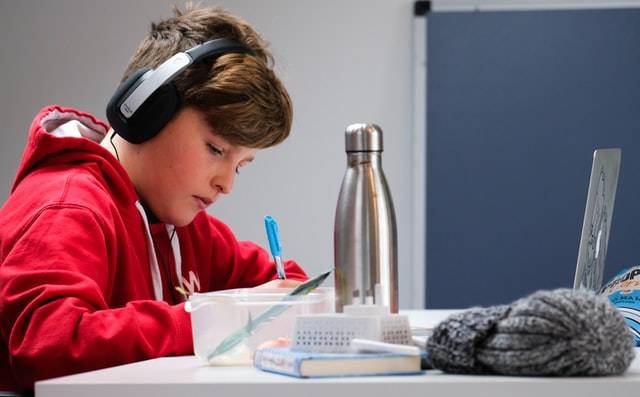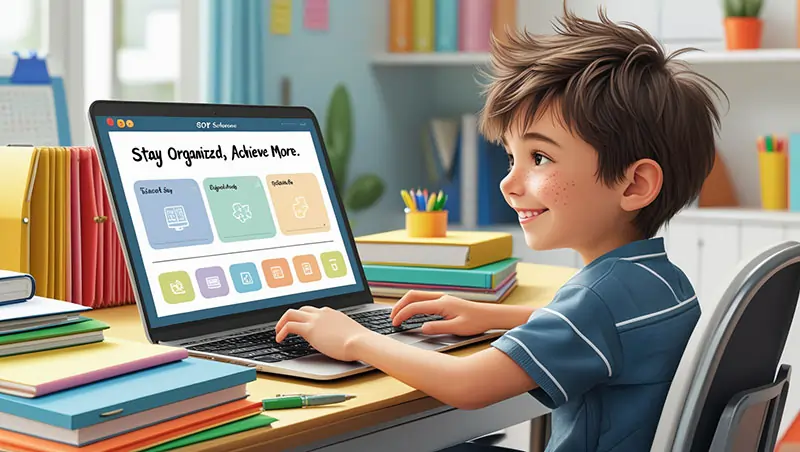7 Writing Practices to Help Your Kids Learn a Foreign Language

Without a doubt, learning a foreign language can become challenging if you give your child only several books and ask them to read and learn the rules. The trick here is to use an element of gamification and combine it with various writing assignments. Even though no child enjoys writing these days, things can be easily turned into a fascinating game that will satisfy both younger and older foreign language learners.
The children will happily embrace anything that relates to technology or popular trends, which is why parents and educators must consider this aspect as well. For example, if your child loves playing basketball or enjoys writing creative stories, it can be turned into coming up with blog writing or foreign language presentations that will help other kids learn more about some sports or any other activity. The foreign language must represent something interesting and inspiring to make learning unique!
7 Writing Practices to Help Your Kids Learn a Foreign Language
1. Creative Writing Tasks
It’s one of the best ways to help children learn a foreign language. It’s much better than following those dialogues or flashcards that are provided in most language textbooks. Yes, creative writing is often more complex, yet make it age-relevant and get your child inspired by trying to translate their favorite song or by telling a pet story in writing, using a foreign language.
2. Becoming a Young Journalist
Let your child play a Journalist game where they create a newspaper in a foreign language. While it can be done online these days, focus on a physical newspaper idea! Stick pictures that you print out, write interesting facts about your native country and culture by hand, and add links to your web page. It will help to train coordination and add an interesting element to a DIY newspaper!
3. Video Presentations
Think about turning to video presentations that can be a combination of YouTube videos, reading aloud from the paper, and writing. Start by presenting your child with a text that will include original language content or some research on a subject of interest. If you are not sure how to come up with something inspiring, consider top writing service for creative tasks or cases when you would like to connect your child’s education with a particular topic. Once ready, start translating these ideas along with your kid by forming key facts for a presentation!
4. Focusing On Favorite Hobbies
No matter what writing practice you may start with, let your child focus on what they truly like. Be it music, sports, or dinosaurs, explore this topic and let them learn some new words as they write down all the interesting facts or come up with a list of foreign language questions. You can use these to browse the web as you discover things further!
5. Foreign Language Spelling Games
Some of the spelling games to start with your child include the famous Pig Latin game that you can change into another language. It’s like altering the words in a foreign language to let your child recognize the original word. You may know it as the Gibberish Family by using various cards where you write some phrases in a gibberish language to let your youngster correct the spelling. Start with simple words and avoid making things too complex! Alternatively, draw pictures of animals, birds, or any objects together and write down the words to train the child’s spelling skills.
6. Book Rewriting Techniques
Let your child rewrite certain paragraphs from the book by choosing their favorite parts. As an alternative, you can use song lyrics or comic books in a foreign language that they have to rewrite as an inspiring game.
7. Social Media Training
Finally, you can use Facebook, Twitter, or Instagram to write posts in another language. Choose your English post text first and make a list of foreign words that you already know. Once ready, let your child write a shortened foreign language post. It’s a great way to practice writing and learn!
Don’t Forget About The Reading Practices
As a rule, the only way to get better at writing in a foreign language is by reading and actually speaking each sentence aloud. When a child reads something aloud, they tend to relate to the subject and speak out certain thoughts and emotions. As they read something incorrectly, ask them gently to read again by slowing down a little bit. Don’t be too pushy but show your genuine interest in the story by asking questions. It will help a child to read again without being stressed. Ask about how some word is written and offer an idea of writing all the unknown or complex words down. It will help your child to build a written vocabulary. The more your young learner reads, the better will be the visual memory and contact between the eyes and hands as they start writing. While the books are recommended for writing improvement, reading subtitles on the TV screen will be helpful, too!
Author Bio: As an educator, Jessica believes that children are like sponges as they are always eager to learn and reflect on what they see and hear. She strives for researching modern educational practices, foreign cultures, and the ways to make children prepared for the modern world. Her posts offer inspiring and helpful solutions that parents, educators, and youngsters will enjoy.


